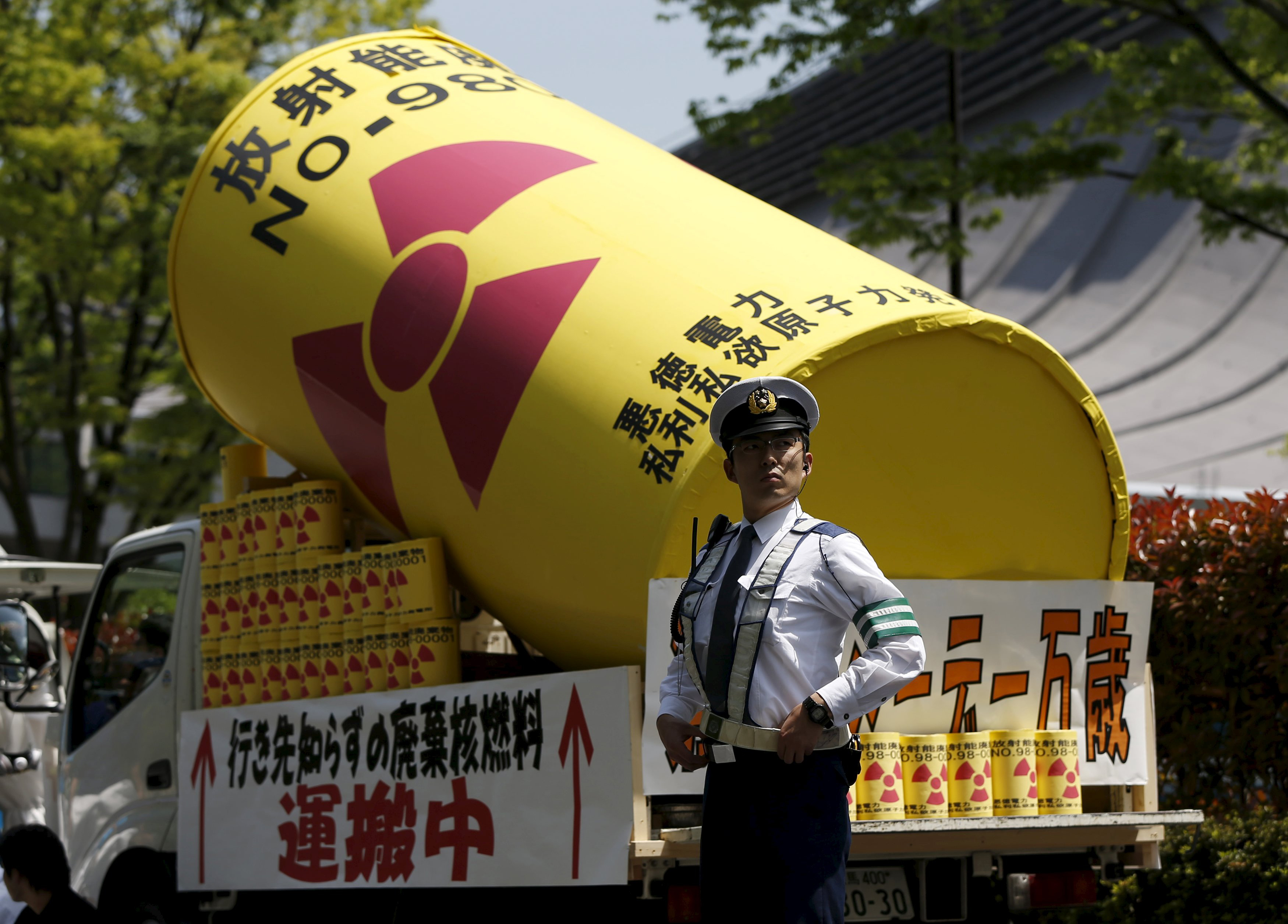Earlier this month, the Ministry of Economy, Trade and Industry (METI) announced the results of a review of energy production costs, which concluded that nuclear will remain the cheapest alternative for Japan over the next 15 years while pointing out that the calculations took into consideration the government's new safety measures. By 2030, the cost of producing a kilowatt hour of electricity in a nuclear plant is expected to increase from ¥8.9 to ¥10.1. This estimate also incorporates the presumed savings resulting from those new safety measures, which, METI assumes, will reduce the "frequency" of reactor accidents.
In comparison, energy derived from coal will cost ¥12.9 per kilowatt hour and from LNG ¥13.4, though these figures are based on price increases predicted in 2011. More significantly, the cost of solar will rise from ¥12.4 to ¥16, and wind from ¥13.9 to ¥33.1. Geothermal comes in at ¥19.2. METI said these high costs will "affect development" of renewables, implying that there isn't much of a future for them.
A few days later, Shukan Asahi ran an article assessing these calculations, pointing out that the figure of ¥10.1 per kW/hour for nuclear is, in the ministry's statement, followed by the word ijō, meaning "at least," while figures for other energy sources are not. The Asahi suggests that METI is trying to assure deniability because it's almost certain that nuclear-related costs will increase in the future. According to Kenichi Oshima, professor of environmental economics at Ritsumeikan University, the ¥9.1 trillion needed to clean up the crippled Fukushima No. 1 nuclear plant and pay compensation to locals affected by the accident was not factored into the estimate; nor was the cost of decommissioning not only Fukushima No. 1 but other reactors scheduled to go out of service in the next 15 years, and Tokyo Electric Power Co. hasn't even set a budget for decommissioning Fukushima, a separate procedure from the cleanup. To put matters into perspective, the estimated amount of radioactive material at Fukushima that needs to be processed is equivalent to the amount of radioactive material that would need to be processed from the normal decommissioning of 54 nuclear reactors.


















With your current subscription plan you can comment on stories. However, before writing your first comment, please create a display name in the Profile section of your subscriber account page.